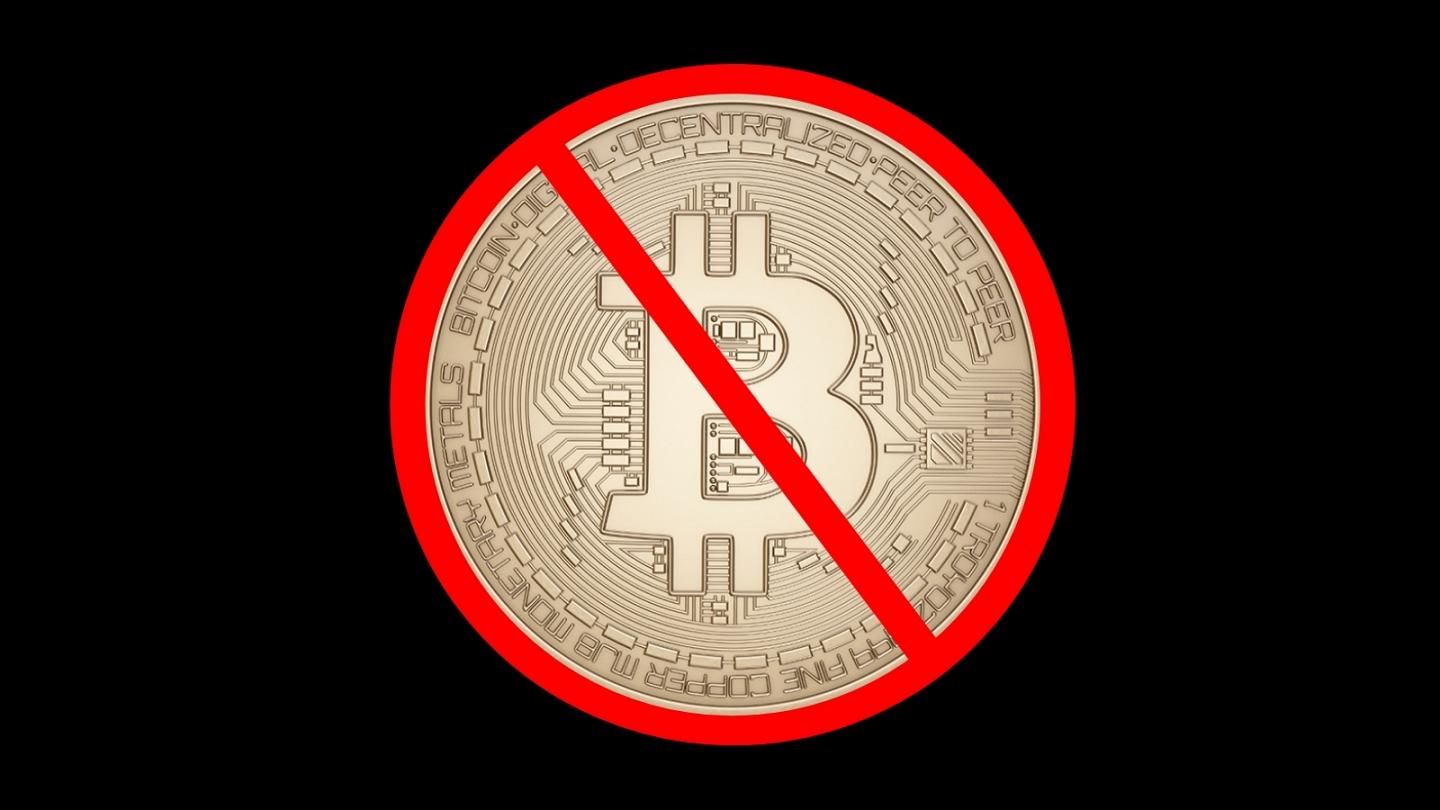The Central Bank of Argentina has made it illegal for private banks to provide cryptocurrency services.
The Central Bank of Argentina has taken steps to prohibit private banks from providing cryptocurrency services to the country's residents.
After two banks began selling cryptocurrency purchasing services through their apps, the action was taken. The policy is reported to be aimed at reducing the risk of digital assets.
When it comes to the links between cryptocurrency assets and private banks, Argentina's Central Bank is tightening its liberal stance.
The institution has issued a document that deals with the offering of cryptocurrency purchasing and trading services through these institutions from enabling bitcoin acquiring and trading services for Argentinian people.
The document explains:
Financial entities may not conduct or assist their clients in conducting operations with digital assets, including crypto assets and those whose yields are determined based on the variations that they register, that are not regulated by the national authority and authorised by Argentina's Central Bank (BCRA).
Furthermore, according to the agency, the goal of this step is to reduce the risk that users and financial institutions incur when using these assets as investment vehicles. This statement comes after two private banks in the nation, Banco Galicia and Brubank, declared that they will begin offering cryptocurrencies to their customers as part of their financial services.
However, according to some local media reports, the central bank's decision may be motivated by other factors. Due to the fact that banks functioning with bitcoin assets are unregulated and thus not illegal, the groups apparently visited the central bank in secret and received approval.
Per financial sources, cryptocurrency operations may raise demand for dollars, widening the gap between the official dollar price and the "blue" dollar on the illicit market. Argentina has exchange controls, which may have affected the decision to halt these operations before they grew more significant in the overall economy.
The differential between the official dollar and the blue dollar has stayed unchanged, with the latter being almost 80% more expensive than the former, indicating that the volume exchanged during these days had no impact on the exchange rate.
Another likely reason for this action is Argentina's debt repayment agreement with the International Monetary Fund, which includes a condition that the government disincentivize the usage of cryptocurrencies, and permitting private banks to offer these services would be in violation of this.

